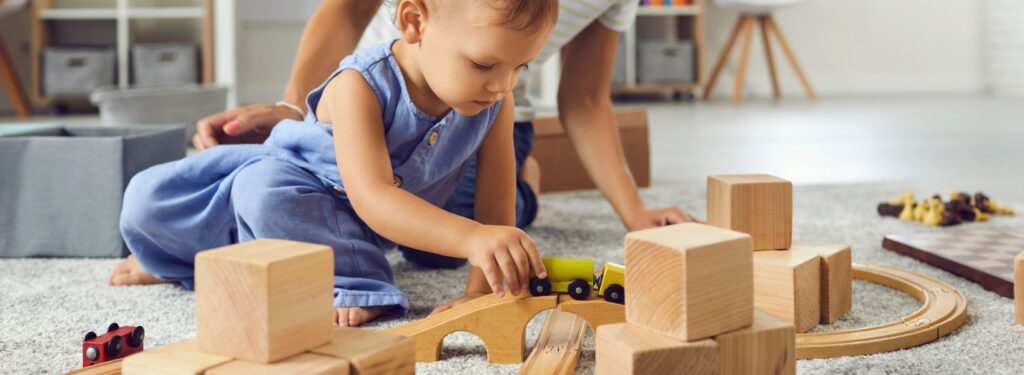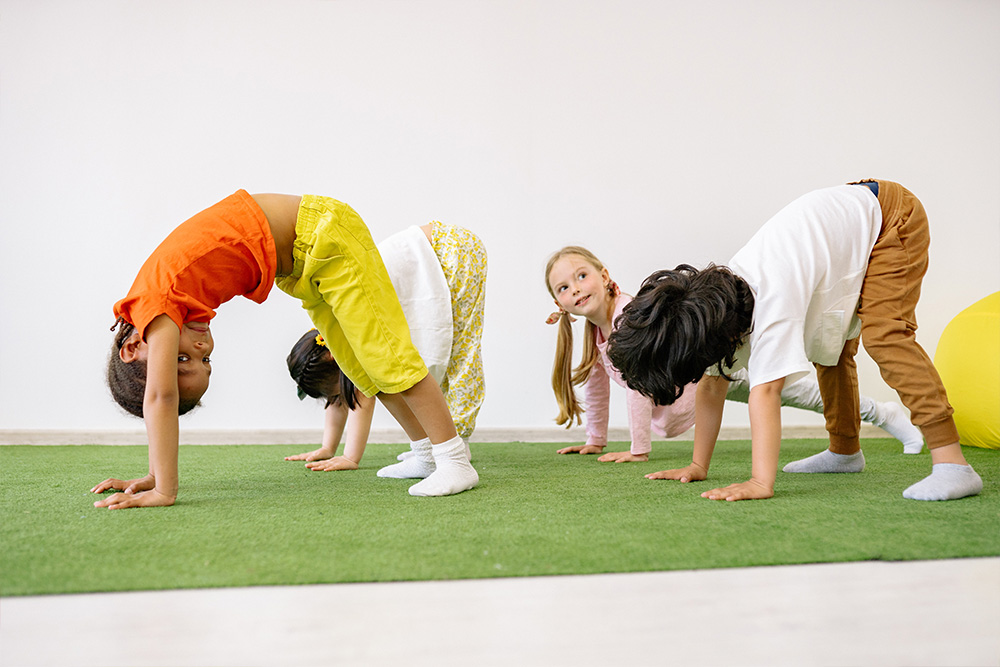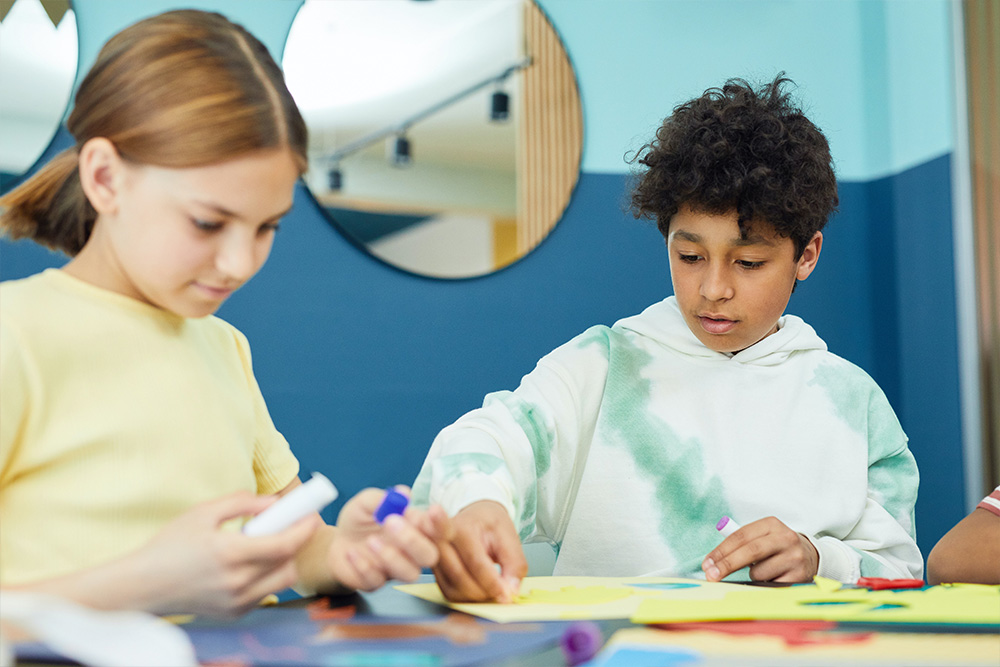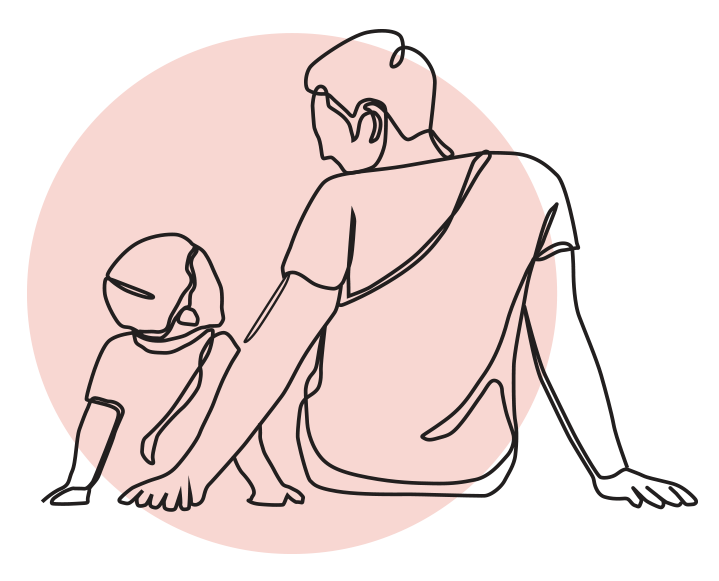Supporting child development in the early years through play
Engaging in child-led, one-to-one play on a regular basis is a key element of building attachment and supporting children’s development. This type of play is something that parents do naturally with pre verbal and very young children but do so less with older ages, however it continues to be hugely beneficial and a great tool for addressing a wide range of relational and behavioural concerns.
As parents we expect children to enter into our adult world of boundaries, time constraints, tidiness and structure. In order for children to continue to have the motivation to do this, we need to truly enter into their world and continually re-establish our connection with them. Play is a child’s world. Child led play can help you to know how your child thinks and feels and one of the best ways for your child to enjoy being together with you. Yet so often it can feel challenging to make time for or we are encouraged to prioritise structured or independent play, both of which have different benefits.
Having your full attention, even for a short time, focused on an activity that a child has chosen helps your child to feel settled. Just by watching your child play, you can find out more about what your child likes and is interested in right now. Talking with your child about their play, helps them to make sense of the world, and tells them that their thoughts and ideas are important to you.
Play also supports brain development. Play with caregivers leads to brain growth and maturation of the frontal lobes, the area which supports impulse control, organisation and emotional regulation. Play also triggers new brain cell growth in the hippocampus (the brain’s memory system). Play releases anti-anxiety chemicals and anti-aggression chemicals, opioids and dopamine – the more they are activated the brain habituates them and so they become personality traits.

Child Led Play
Tips for making the most of play time:
- Find a time when you can give one child undivided attention for 10-20 mins around twice a week
- You could give it a special name and introduce it to your child
- No phones, computers, electronic toys – you may want to bring out a special box with toys just at these times
- Tell your child how long they have
- Sit close by or preferably on the floor with them
- Let your child take the lead and make their own choices
- Wait for your child to ask you to join in
- Leave tidying up to the end

This will support your child to feel empowered and ensure that they are getting out of the session what they need. Tips for this:
- Start by noticing what your child is interested in
- Ask your child if you can join in/help
- Go along with what your child is doing
- Ask questions or comment on what you’re both doing
- If your child changes to something new, let them be the leader
- Resist the temptation to rescue if things go wrong but empathise with how this might feel
Active Listening

- Face your child and have eye contact – preferably get on their level
- “Listen” to non-verbal cues too
- Try not to interrupt
- Listen without judging, or jumping to conclusions
- Try not to start planning what to say next
- Show that you’re listening by saying “yes” or “go on”
- Try not to give your opinions or solutions
- Ask questions – “Let me check I have understood, did you mean x….” and open-ended questions such as “what did you do next?”
- Paraphrase and summarise – repeat back what has been said
Talk about your child’s play

- Try being a narrator of your child’s story rather than leading it e.g. ‘the dinosaur has fallen over’
- Echo the words or phrases they use
- Respond to your child’s expressions by smiling or showing pleasure or surprise when they do or disappointment and frustration when they do
- Notice what they show an interest in and how they are using the toy or making decisions
- Leave some silences to give your child time to think or just wait for the next idea
If you are a parent or carer in need of advice, our online therapists are here to help with the advice and tools you need. Book an Online Parent Consultation or get in touch with Chloe for more information.




